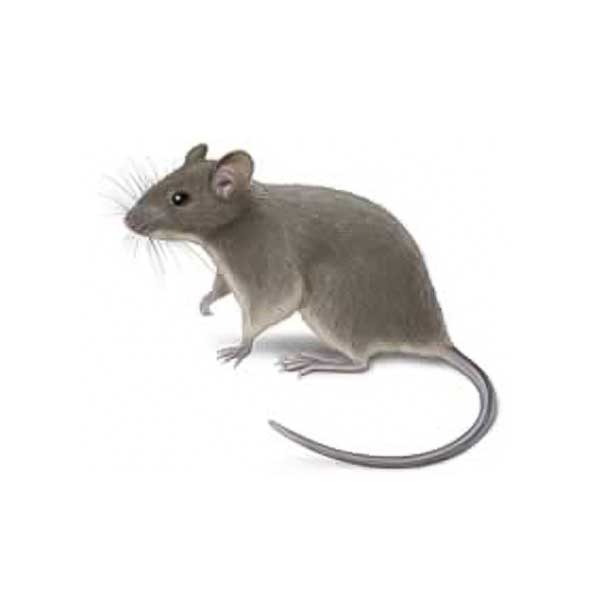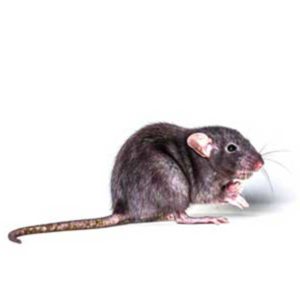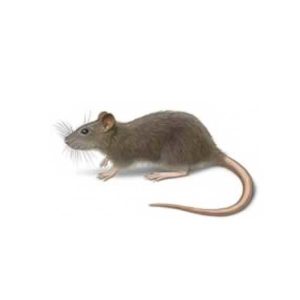House Mice in Virginia
The house mouse is found across the nation and is typically the most common household rodent problem. This is because house mice are dependent on human activity for survival! They depend on human habitats for shelter and food, which is why they commonly infest homes here in Virginia. House mice are known to contaminate food meant for humans and pets as they forage, dropping feces and urine along the way. The biggest concern is that house mice cause considerable damage to structures by chewing through walls and transmit pathogens that cause diseases like salmonella and more.
House Mouse Environment
Despite their name, house mice can live both indoors and outdoors. When they are outside, they construct nests in fields and beneath trees and shrubs. Inside, mice will build nests in quiet undisturbed places like wall voids, kitchen cabinets, attics, and garages. Droppings, fresh gnaw marks, and tracks or rub marks indicate areas where mice are active. Nests are made from finely shredded paper or other fibrous material, usually in sheltered locations. House mice have a characteristic musky odor that reveals their presence. The house mouse is active primarily at night. However, they can be seen during day when there is a bad infestation or when they are hunting for food.
House Mouse Behaviors, Threats, or Dangers
The house mouse is omnivorous but prefers grains and cereals. House mice contaminate food and are implicated in the transmission of diseases such as salmonella and bubonic plague. The house mouse can cause significant damage to structures by gnawing and tunneling through walls. Mice have also been implicated in the generation of fires and explosions in homes and buildings. Chewed, exposed wires inside walls can spark, causing interior walls to catch fire. House mice may be small, but an infestation can be very large and cause a lot of damage in your home.
If you have a house mouse infestation in your Virginia property, always contact a licensed rodent control company.
Need help with a House Mouse problem?
We'll call you! Leave your information below.


